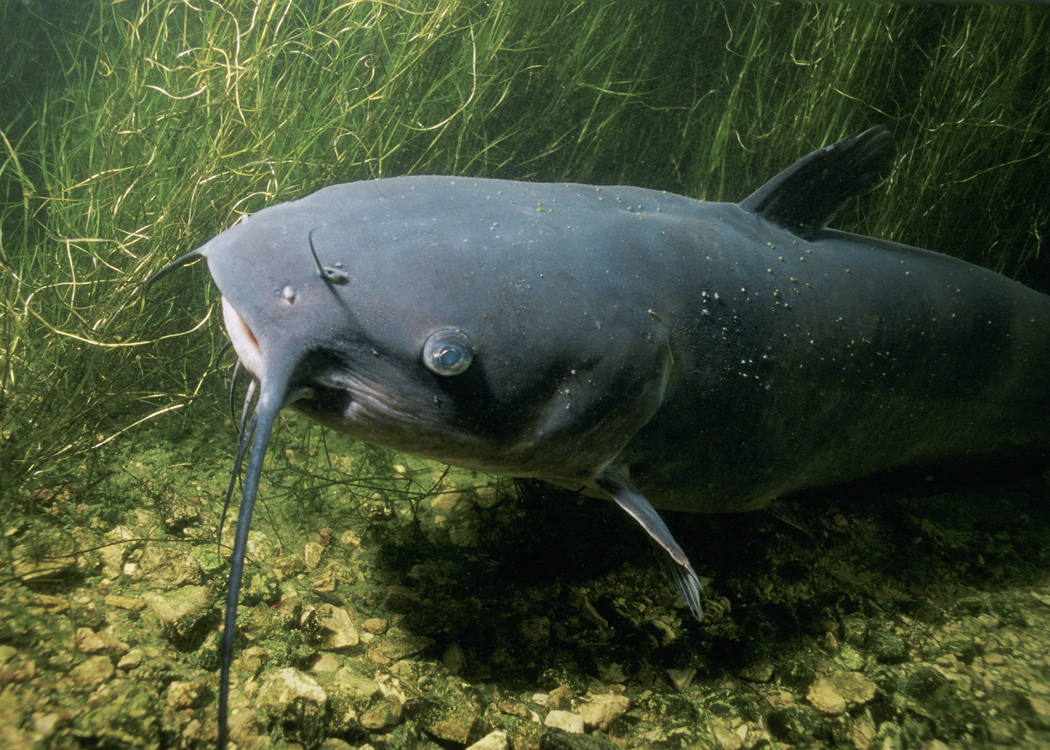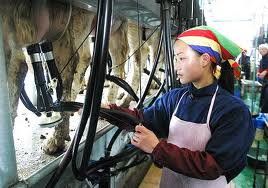One of Northern Ireland’s most respected restaurants, celebrity chef Paul Rankin’s Cayenne, was awarded a rating of just one under the Food Hygiene Rating Scheme.
A score of zero means "urgent improvement necessary" and the top rating of five indicates a "very good’ standard of food hygiene.
The Belfast Telegraph reports Cayenne celebrated its 10th anniversary in 2010, but in March  this year the verdict from food safety officers was that "major improvement" was needed.
this year the verdict from food safety officers was that "major improvement" was needed.
Manager Peter McKenna said staff at the restaurant were upset by the low rating, but insisted that the restaurant was perfectly safe and the score had nothing to do with food handling.
A new mark will not be given until at least three months after the last inspection.
Nick Wright, manager of Made In Belfast, said he is waiting for inspectors to return to his restaurant. They visited the city centre restaurant on March 5, 2010 and gave it a rating of one, which indicates the need for "major improvement."
"The only reason we received the score was for structural reasons," Mr Wright said. Zen Restaurant manager Alex Yosh, based in Adelaide Street, said while he appreciates the work done by environmental health officers, he feels the rating system can be "misleading."

.jpg) violations. Inspectors didn’t go back last year to check to see if the problems were remedied.
violations. Inspectors didn’t go back last year to check to see if the problems were remedied. failings at his chain of Jamie’s Italian eateries.
failings at his chain of Jamie’s Italian eateries..jpg)
 with an on-going debate about catfish inspection. Yes, at a time when most Americans want their government to tackle the big challenges, some on the Hill are seeking millions in new spending for a low risk species of fish.
with an on-going debate about catfish inspection. Yes, at a time when most Americans want their government to tackle the big challenges, some on the Hill are seeking millions in new spending for a low risk species of fish. she got on the phone and told the caller that he was not an inspector and that she was.
she got on the phone and told the caller that he was not an inspector and that she was. production to bring themselves into compliance, said administration spokesman Li Yuanping in comments reported on its website.
production to bring themselves into compliance, said administration spokesman Li Yuanping in comments reported on its website. observing workers touching food with their bare hands and storing perishable items at unsafe temperatures.
observing workers touching food with their bare hands and storing perishable items at unsafe temperatures..jpg) "to discuss their grievances and the university’s plans for addressing them."
"to discuss their grievances and the university’s plans for addressing them.".jpg) government — that helped contribute to a listeriosis outbreak in 2008 that left 22 Canadians dead.
government — that helped contribute to a listeriosis outbreak in 2008 that left 22 Canadians dead..jpg) her house and do a mock inspection on her kitchen.
her house and do a mock inspection on her kitchen..jpg) displayed at business premises.
displayed at business premises..png) currently have a written procedure for food hygiene. Whilst the business premises could be spotless, without this written supporting document they could not be scored above a one-star rating. It is important to note that those premises with low ratings are most likely to be in the process of improving."
currently have a written procedure for food hygiene. Whilst the business premises could be spotless, without this written supporting document they could not be scored above a one-star rating. It is important to note that those premises with low ratings are most likely to be in the process of improving."